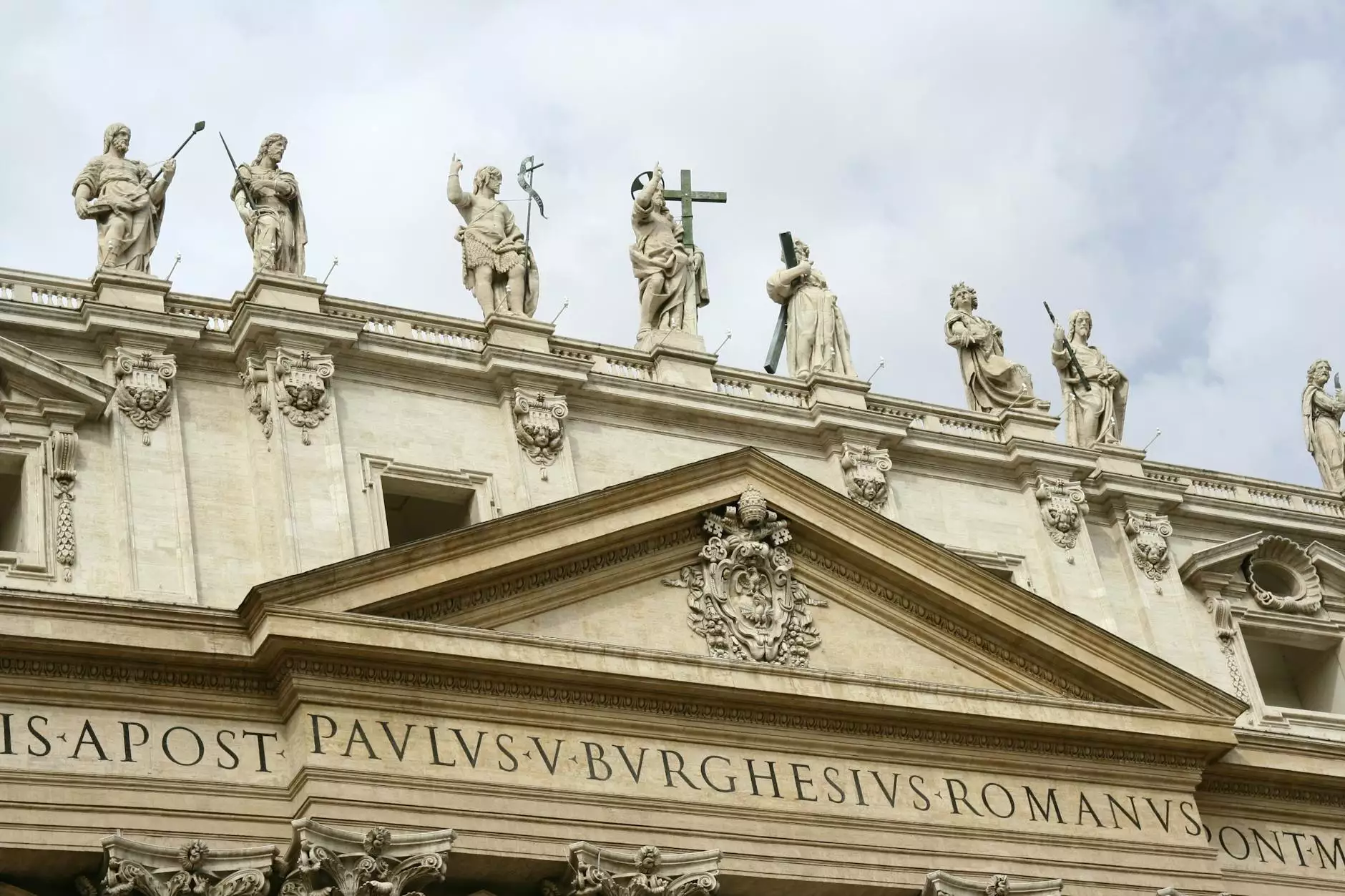Empowering Communities and Fostering Growth with

In today’s dynamic social landscape, the role of religious organizations, churches, and community service/non-profit groups is more vital than ever. They serve as pillars of support, agents of community transformation, and catalysts for positive change within vibrant urban settings like New York City. https://bridgechurchnyc.com/ epitomizes this impact, exemplifying how faith-based initiatives intertwine with community development to create environments where individuals and families can thrive.
Understanding the Power of Religious Organizations in Community Development
Religious organizations in NYC are not solely places of worship; they are dynamic hubs of social engagement, educational programs, and community outreach. They foster a sense of belonging, uphold moral values, and actively participate in addressing societal challenges. https://bridgechurchnyc.com/ exemplifies this multifaceted role through its commitment to community upliftment.
The Role of Churches as Community Anchors
- Providing spiritual solace and guidance: Churches offer a vital spiritual refuge that sustains individuals through life's challenges.
- Implementing social programs: Many churches, including those represented by https://bridgechurchnyc.com/, run food banks, clothing drives, and health outreach efforts that directly serve vulnerable populations.
- Promoting education and personal development: Through seminars, youth programs, and mentorship initiatives, churches support lifelong learning and character building.
- Fostering inclusive community spaces: Churches serve as gathering places that unite diverse groups, promoting social harmony and understanding.
The Significance of Community Service and Non-Profit Initiatives
Beyond religious activities, organizations affiliated with https://bridgechurchnyc.com/ engage in community service projects designed to address pressing social issues. These initiatives are integral to building resilient neighborhoods and driving social equity within urban settings.
How Non-Profit Efforts Transform Urban Communities
- Addressing Homelessness: By providing shelter, food, and support services, community groups combat homelessness and restore dignity to marginalized populations.
- Supporting Economic Empowerment: Job training programs, financial literacy workshops, and small business mentorship foster economic independence.
- Enhancing Education: After-school programs and scholarship initiatives ensure access to quality education for underserved youth.
- Promoting Health and Wellness: Free health clinics, mental health counseling, and wellness seminars improve overall community health metrics.
Building a Thriving Faith-Based Community in NYC
Creating a thriving faith-based community demands a strategic blend of spiritual, social, and civic engagement. https://bridgechurchnyc.com/ demonstrates effective community-building frameworks through its inclusive programs and collaborative spirit.
Core Principles for Successful Community and Church Initiatives
- Authentic Leadership: Visionary leaders who inspire action and foster unity.
- Community Engagement: Active listening and responsive programming that meet local needs.
- Partnerships and Alliances: Collaborations with local government, non-profits, and other faith groups to amplify impact.
- Transparency and Accountability: Clear governance and regular feedback to community members.
- Sustainable Practices: Long-term planning that ensures ongoing support and growth.
Maximizing Impact: How Modern Churches Can Lead Community Change
The future of vibrant NYC communities lies in innovative, holistic approaches that combine faith, social activism, and community service. Modern churches and religious organizations can act as change agents by adopting these strategies:
Innovative Strategies for Community Empowerment
- Leveraging Technology: Utilizing digital platforms for outreach, education, and virtual events enhances accessibility and engagement.
- Creating Collaborative Networks: Building coalitions among churches, schools, businesses, and civic entities facilitates larger-scale initiatives.
- Focusing on Holistic Well-being: Addressing physical, emotional, and spiritual health creates balanced community development.
- Encouraging Youth and Young Adult Participation: Developing programs that resonate with younger generations ensures sustainability and fresh perspectives.
The Role of Faith in Fostering Social Responsibility
At the heart of every thriving religious organization—like those showcased on https://bridgechurchnyc.com/)—is a profound commitment to social responsibility. Faith-based outreach inspires community members to act with compassion, serve with purpose, and lead with integrity.
Faith as a Catalyst for Positive Change
- Inspirational Moral Framework: Faith provides guiding principles that motivate community service and ethical decision-making.
- Mobilizing Resources: Religious institutions can mobilize volunteers, donations, and partnerships at scale.
- Addressing Root Causes of Social Issues: Faith narratives often emphasize justice, mercy, and compassion, fueling efforts to tackle systemic disparities.
- Creating Inclusive Communities: Religious spaces that embrace diversity reinforce social cohesion and mutual respect.
The Future of Business and Social Impact in Faith-Based Settings
In an era marked by social consciousness, religious organizations and community non-profits in NYC are stepping into roles that transcend traditional boundaries. They are redefining what it means to be business-minded in service, blending spiritual leadership with entrepreneurial innovation to achieve larger societal benefits.
Strategies for Sustainable Growth and Impact
- Expanding Outreach via Digital Technology: Virtual worship, online giving, and social media campaigns widen reach and engagement.
- Developing Social Enterprises: Creating business ventures that generate income while advancing social missions.
- Investing in Leadership Development: Equipping community leaders with skills in management, fundraising, and strategic planning.
- Evaluating Impact: Regular assessment of programs ensures continuous improvement and accountability.
Conclusion: A Bright Future for Community and Faith-Based Business in NYC
The profound interconnectedness of faith, community service, and social entrepreneurship is a defining feature of New York City’s spiritual and social landscape. Organizations like https://bridgechurchnyc.com/ stand as testaments to the transformative power of religious organizations—driving community development, fostering social responsibility, and inspiring collective growth.
As the city continues to evolve, embracing innovative approaches rooted in faith and service will be crucial for building resilient, inclusive, and thriving communities. The synergy between spiritual leadership and community engagement promises a future where faith-based organizations are pivotal in shaping a more equitable and compassionate society.









